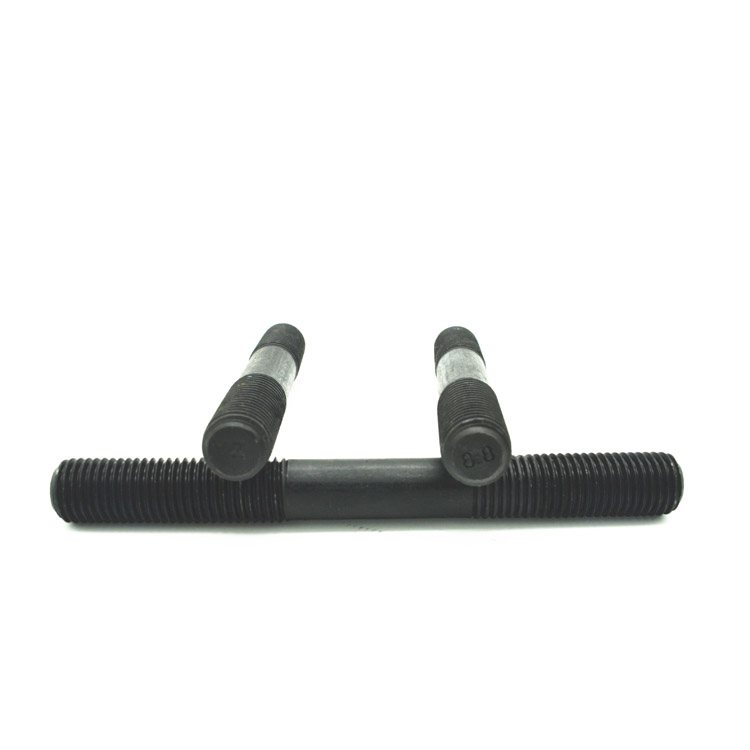custom machined washers
Ira . 21, 2024 18:50 Back to list
custom machined washers
Custom Machined Washers The Unsung Heroes of Precision Engineering
In the world of manufacturing and engineering, the importance of each component cannot be overstated. Among these components, custom machined washers play a vital role, often overlooked yet essential for ensuring the integrity and functionality of various assemblies. These washers, designed to specific dimensions and materials, serve multiple purposes—from spreading loads to preventing leakage.
Custom machined washers are tailored to meet the unique requirements of a project. Unlike standard washers, which may not fit perfectly in every application, custom options allow for greater precision. This is particularly beneficial in industries such as automotive, aerospace, and electronics, where tolerances are tight and the performance of each component can affect the overall system. By specifying the exact dimensions, material composition, and finish, engineers can ensure that their assemblies function optimally under various conditions.
Material selection is another critical aspect of custom machined washers. Depending on the application, washers can be made from an array of materials including stainless steel, aluminum, rubber, and nylon. For high-stress environments, durable metals such as titanium are also popular choices. The right material not only dictates the washer's strength but also its resistance to corrosion, heat, and wear. This is why collaborating with experienced manufacturers that provide guidance on material properties is key to making informed decisions.
custom machined washers

In addition to their functional applications, custom machined washers can also be produced to meet aesthetic requirements. In industries where appearance matters—such as consumer electronics or luxury vehicles—the visual quality of components can greatly influence consumer perception. Custom finishes and surface treatments can enhance the overall look of a product while providing additional protection against environmental factors.
Moreover, the production of custom washers is facilitated by advanced machining technologies, including CNC (Computer Numerical Control) machining. This technique allows for precise cutting and shaping of materials according to exact specifications, improving both efficiency and accuracy. As a result, manufacturers can produce washers in various sizes and configurations to suit a wide range of applications, all while maintaining consistent quality.
In conclusion, custom machined washers may not always be in the spotlight, but their contributions to mechanical assemblies are invaluable. By providing tailored solutions that meet specific engineering requirements, these components help ensure that products are reliable, efficient, and durable. As industries continue to push the boundaries of innovation, the demand for high-quality custom machined washers will undoubtedly grow, solidifying their role as essential players in the mechanical world.
Latest news
-
Premium Phosphated Drywall Screws Supplier | Durable, Rust-Resistant
NewsAug.27,2025
-
Reliable Wire Bolts Suppliers | Quality Zinc Plated Fasteners
NewsAug.26,2025
-
Wire Bolts Suppliers: Durable & Reliable Fasteners for Every Project
NewsAug.25,2025
-
Premium Cabinet Bolts Supplier | Wholesale & Custom Solutions
NewsAug.24,2025
-
Reliable Axle Nuts Supplier | Quality & Precision Fasteners
NewsAug.23,2025
-
Durable Bolts for Lawn Mower Handle - Top Supplier & Manufacturer
NewsAug.22,2025
